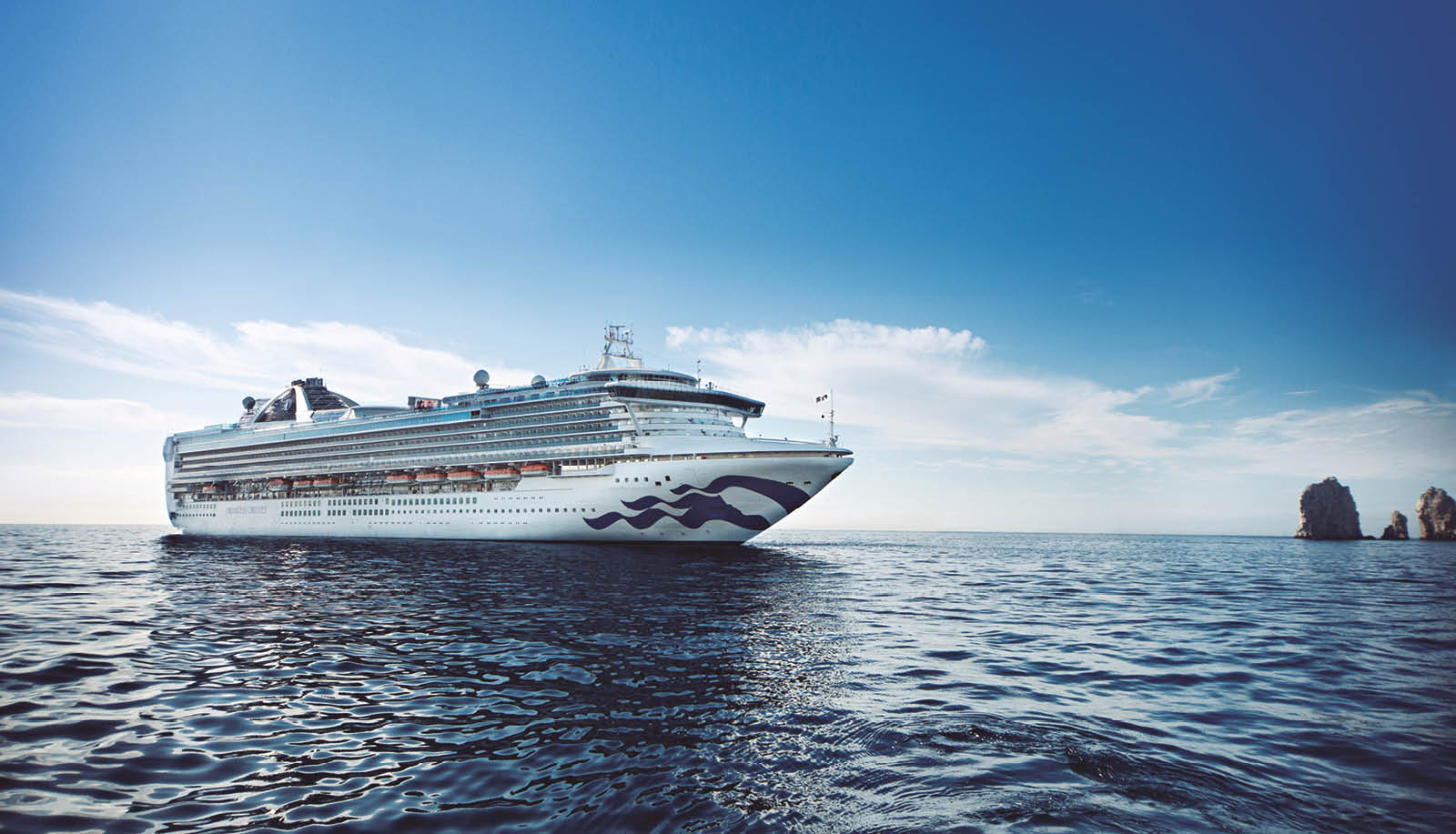Passengers involved in the Ruby Princess class action lawsuit could be left with a huge legal bill after rejecting an early $15 million settlement offer from the cruise line.
In October 2023, the Federal Court found Carnival Corporation, Princess’ parent company was negligent in its duty of care. The court found that the company misled passengers about safety onboard the March 2020 voyage.
The ship departed Sydney and returned with 663 positive cases amongst the 2641 passengers. The voyage led to 28 deaths.
Before the beginning of the trial in October 2022, Carnival offered to settle the case for $15 million. But the offer was rejected by the passengers who returned with a counter offer of $69 million.
Carnival rejected the counter offer and the trial began. This led to Justice Angus Stewart’s decision in the October 2023 judgement.
The findings on Ruby Princess
In the findings, Carnival was ordered to pay the lead plaintiff Susan Karpik $4423 plus interest for her out-of-pocket medical expenses. She had originally sought $360,000 for damages to injuries, distress, and disappointment.
This week, Justice Stewart ordered Carnival to pay Karpik and her legal team from Shine Lawyers their costs of running the case up until the $15 million settlement offer was made on October 5, 2022.
Justice Stewart though, did not make a judgement on who should pay the legal costs past that date until the total amount of compensation owed to passengers eligible for the class action was determined.
Karpik argued it was reasonable to reject Carnival’s settlement offer due to Shine’s legal costs equating to around $5.85 million and $6.75 million. She argued it would have left passengers with only a “relatively modest amount”.
Justice Stewart though, said it was currently impossible to determine how much Carnival would have to pay.
There was no way to assess how many passengers were eligible for compensation, and the size of their claims.
Karpik’s claim was around the illness of her husband Henry.
He was placed in an induced four-week coma after contractive COVID-19 and currently requires ongoing care.
The matter will next come before the court on April 12.








